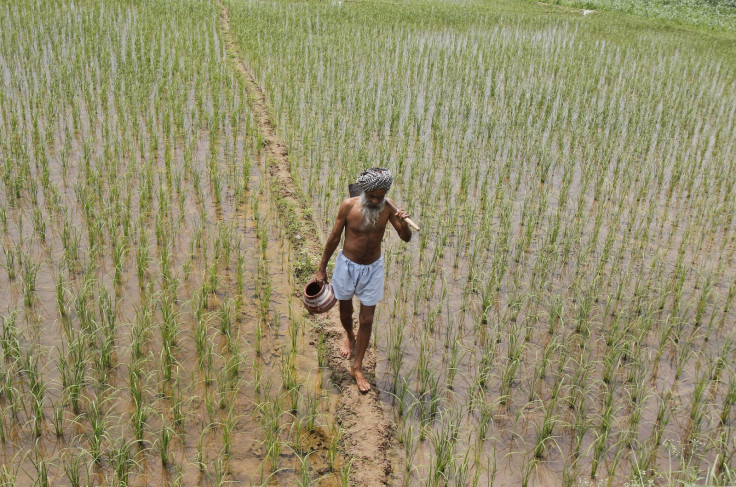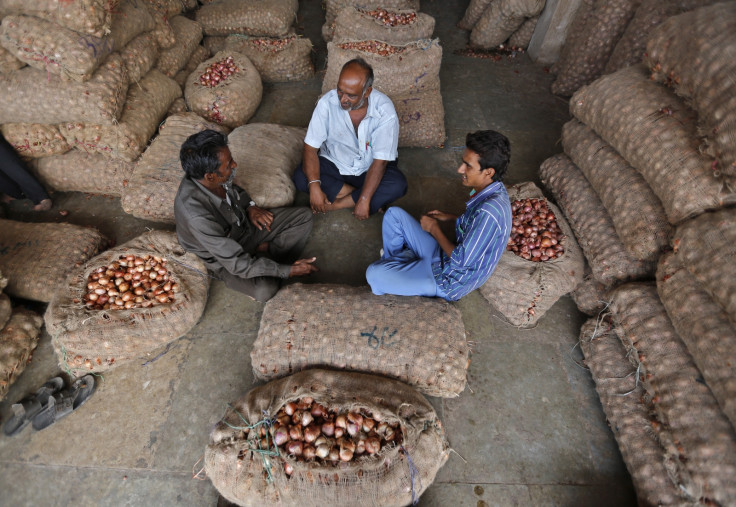The Bangalore Blogger: World Trade Organisation Abuses Developing Nations with Warped Sense of Fairness

It's not often that common sense prevails when it comes to trade negotiations. But yesterday, India and the US reached a deal that would allow India and other developing countries the right to keep feeding their people.
India, with one third of the world's poorest people living within its borders, introduced a National Food Security Act, which sees the government buying grain and rice at guaranteed prices from its farmers, and selling it onto the poorest at subsidised prices.
With the World Trade Organisation (WTO), trade seems to trump such a pesky little idea as food security. Members of the WTO called India's measures "trade distorting" and argued that India was contravening its rules. India was seen as a pariah in global trade circles, holding up an already long-suffering13-year-old process.
Some argue that India's Food Security Act was politically motivated and doesn't work. They may be right, but it's the principle that matters here. Food security, and policy attempts to guarantee it, should come before the needs of capital to move freely across borders.
The Doha "development" round started back in 2001, and was intended to make trade for developing countries fairer, by allowing reasonable subsidies and reduced trade barriers into the richer countries of Europe and the US. But nothing has ever been agreed, mainly because richer countries don't really want to give up their competitive advantage of being able to call the shots.
Because no agreement has been reached, the WTO has been practically redundant, as countries embarked on various bilateral treaties in the ensuing years.

But still they kept a flame alive, and in Bali last December, a small breakthrough was made, whereby India could, at least temporarily, keep its measures in place to ensure food security. Since then, India has stuck to its guns, effectively blocking the WTO for the foreseeable future. There may be reasons for India to be seen as a pariah, but this certainly isn't one of them.
Fortunately, the US came to its senses: as of yesterday, a deal seems to be on the table, whereby India can keep feeding its people if it removes its obstruction on the next stages. How kind of the US to concede.
The problem with the WTO is that they won't let facts get in the way of a good deal for a few wealthy nations. On face value, trade sounds like a good thing: a fair swapping of goods and services, in an open space, facilitated by reasonable rules to make sure things happen smoothly.
Only it doesn't happen that way at all. Double standards have always triumphed in trade agreements. For years, developing countries have been required to open up their markets (often in return for loans) only to find that the heavily subsidised economies of the US and the EU dump their own agricultural products on these countries, putting the locals out of business, bringing more poverty than ever before.
Cotton subsidies are a strong case in point: the US heavily subsidises its cotton producers, effectively undercutting cotton farmers in Africa or India, who can't even earn enough to meet the costs of production. The EU, meanwhile, has its Common Agricultural Policy, while places like Vietnam are required to cut farm subsidies if they want to join the WTO in the first place.

In the case of arguing against India's Food Security Act, it's like Paralympians competing against able-bodied athletes, with the Paralympians not being allowed to use wheelchairs or any other mobility enabling device, while the able-bodied athletes can keep taking steroids.
One can't help but wonder if a 13-year-long negotiation, without a resolution, is worth keeping alive in the first place. Maybe it was best consigned to the dustbin? In return for the safeguarding of India's food security policy, India has agreed to sign up to a trade facilitation clause – the streamlining of customs rules and procedures, alongside improvement of ports.
So while they may have won on one side, they conceded on another: the developing countries, including India, will have to find the funds and capacity to invest in their ports, without any help from the richer countries once again, for whom this deal is most likely to benefit. But that, apparently, is what fair trade in the name of "development" is all about.
© Copyright IBTimes 2025. All rights reserved.





















